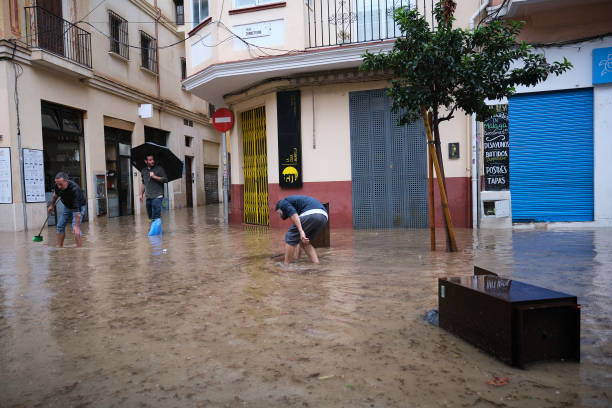Ahead of the upcoming COP29 summit in Baku, scientists are emphasizing the link between rising emissions and these climatic upheavals, projecting that 2024 may mark the hottest year on record, exceeding the critical 1.5°C threshold above pre-industrial temperatures.
Global emissions continue their upward trajectory, with a record 40.6 billion tonnes of carbon dioxide released last year—expected to climb by the end of this year.
Despite a modest commitment at last year’s COP28 to transition from fossil fuels, progress remains slow, with many nations calling for more decisive action.
In the United States, the recent electoral victory of Donald Trump, a vocal skeptic of climate science, poses further challenges.
His stance, marked by an intent to withdraw from the Paris Agreement, casts uncertainty over international climate commitments.
At COP29, much attention will center on climate finance, particularly for developing nations.

With estimates indicating that between $500 billion to $1 trillion in annual funding is required for adaptation and resilience, the current $100 billion commitment is insufficient.
Discussions will focus on securing increased contributions from international banks, private investors, and governments to support sustainable energy, strengthen infrastructure, and offset damages.
This summit may lack breakthroughs, but it is a step toward COP30 in Brazil next year.
For advocates like UN Secretary-General António Guterres, the stakes are clear: humanity must act decisively.
The global community remains committed to finding solutions, despite the political and economic challenges, as the fight against climate change grows increasingly urgent.

